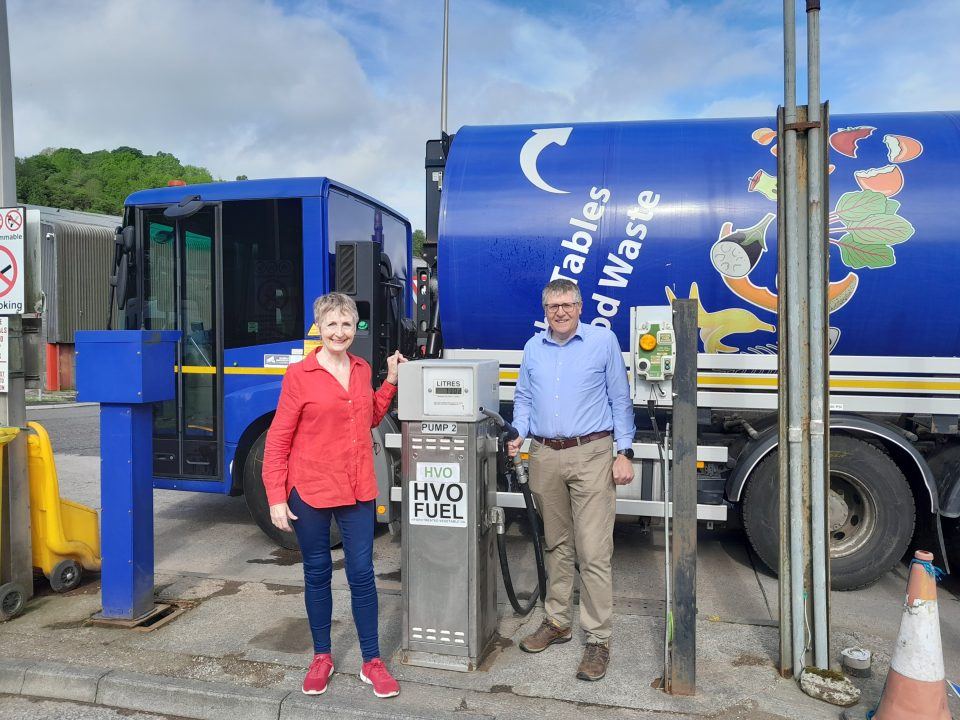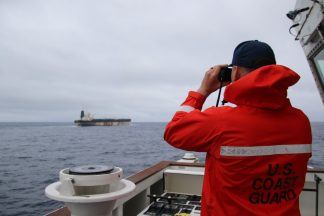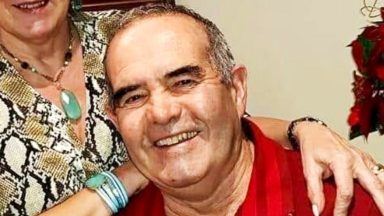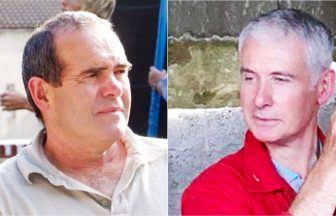All Perth and Kinross bin lorries will soon run on Hydrotreated Vegetable Oil (HVO) – rather than diesel – reducing Perth and Kinross Council’s (PKC) carbon emissions by an estimated 725 tonnes.
Councillors last week voted on the move as part of its five-year Fleet Decarbonisation Strategy.
However Conservative councillors slammed it as “virtue signalling” and voted for the £100,000, allocated for the fuel switchover, to instead be spent enhancing rural bus services.
On Wednesday, April 30 PKC’s Climate Change and Sustainability Committee was asked to consider the local authority’s Fleet Decarbonisation Strategy.
Part of the strategy included rolling out the use of HVO to the council’s entire fleet of bin lorries following a trial at Friarton in Perth. Bin lorries based at depots in Blairgowrie, Crieff, Kinross, and Pitlochry will transition to using HVO fuel by June 2025. It was agreed HVO will be used to fuel all 80 of the council’s heavy goods vehicles (HGVs) by the end of 2025.
Direct Services manager Nigel Taylor said: “We have 18 of our 26 bin trucks on HVO at the moment and this saves us around 500 tonnes of carbon per annum and by the end of this year our carbon saving will have increased to around 725 tonnes because we’ll have all 26 of our vehicles on HVO.”
Moving the plans for approval convener SNP Kinross-shire ward councillor Richard Watters said: “We have a moral and regulatory duty to aim towards a low carbon future.”
As part of the strategy, PKC will review options for charging infrastructure to support the transition of the council’s fleet of cars and vans, under 3.5 tonnes, to electric vehicles. It will also potentially trial running HGVs on hydrogen in the future in partnership with Greencat Hydrogen based at the Binn Group site at Glenfarg.
Conservative councillor David Illingworth raised concern decisions were being made on estimated costs in terms of transitioning from diesel to HVO fuel.
PKC’s strategic lead for Environment and Infrastructure Fraser Crofts said the price difference in switching from diesel to HVO had ranged from being 20p a litre to now being 15p a litre more expensive.
He added: “Approximately half of that cost – estimated here at £100,000 – would be associated with the refuse vehicles and the other half of that would be associated with the rest of the heavy fleet. Obviously the refuse vehicles are not particularly efficient in terms of fuel economy so that’s a substantive part of 80 vehicles in total – 26 of those are refuse vehicles.”
Cllr Illingworth tabled an amendment that the £100,000 allocated for the use of HVO across the council’s entire HGV fleet be redirected to “enhancing rural bus routes”, subject to the approval of PKC’s Finance and Resources Committee.
The Almond and Earn ward councillor said: “The real world is changing very quickly. Since we last met, in October, we have a new president of the United States.
“And his view is ‘drill baby drill’. At the same time, in the People’s Republic of China, we’ve got a trainline transporting half a million tonnes of coal every day from Mongolia to a power station in Tianjin.
“I think if we adopt more HVO it’s like a drop in the ocean, it’s like trying to whistle in a hurricane.”
SNP council leader Grant Laing said the move towards HVO was part of PKC’s “joined-up approach” in conjunction with “looking at extra rail travel” and offering free bus travel one Saturday a month.
SNP councillor Jack Welch feared the Conservative proposal would be “an absolute backwards step”.
The Strathmore ward councillor added: “I think the last person we should be following is Donald Trump.”
Independent councillor Dave Cuthbert said: “I’ll be supporting the motion, not so much for myself but for the sake of my kids and grandkids.”
Cllr Illingworth added: “I’m in politics to make a difference. I don’t believe using HVO will make any substantial difference.
“I’m sure everybody has virtually the same thoughts about the legally elected new president but he is the legally elected new president and the global world is not going to make any difference. I’m concerned we’re spending £100,000 a year for virtually no difference.”
But convener Richard Watters countered that saying there was no point was a “dangerous message to send out to the public”.
Cllr Watters added: “We will continue to make these small changes that will make a difference for future generations within Perth and Kinross.
“And hopefully, if everyone does it, and we keep doing it, it will make a difference worldwide as well.”
The motion was approved by seven votes with all four Conservative councillors voting for the Conservative amendment.
Following the meeting, Cllr Illingworth said: “It seems to me that spending £100,000 every year of council taxpayers’ money on HVO from abroad would be much better spent closer to home on providing better bus services in rural villages such as Abernethy, Bridge of Earn and Methven.
This is yet another example of the Scottish National Party wasting money on virtue signalling rather than providing good quality public services.”
Conservative councillor Angus Forbes added: “The difference running our bin lorries on HVO would make to our emissions is so small, it’s probably not even measurable and what we run our bin lorries on won’t help our residents. By transferring this money to our public transport unit to be used to support rural buses would probably have the same environmental benefit but, more importantly, it would actually help our residents.”
Follow STV News on WhatsApp
Scan the QR code on your mobile device for all the latest news from around the country


 LDRS
LDRS
























